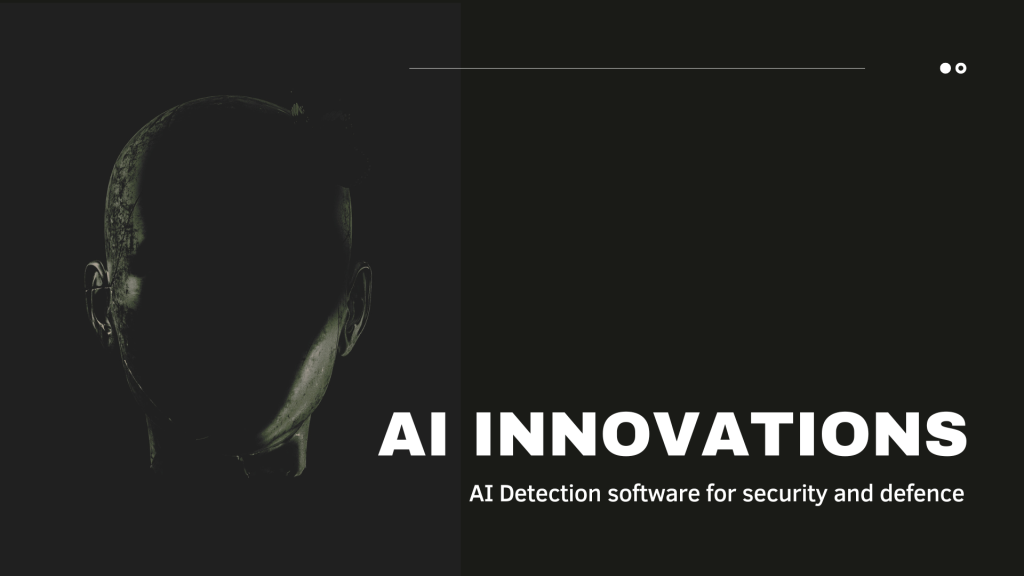
After a summer of wildfires, floods, and hurricanes, a summer that brought dire new warnings about the hastening pace of climate deterioration, some discouragement may be inevitable. Amid the bad news, however, there are signs of real progress. Not enough yet, but more than a little.
In fighting climate change, the only thing that matters is halting atmospheric carbon emissions globally as quickly as possible. We see two types of progress: new business commitments to net-zero carbon, and the emergence of new mechanisms to drive even more commitments in coming years.
Companies rush to pledge climate action
In new business commitments, The Climate Pledge announced 86 new signatories on Monday, bringing the total to more than 200 in the two years since it was founded. Signatories promise to measure and disclose their greenhouse gas emissions regularly; implement effective decarbonization strategies; and neutralize remaining emissions via high-quality, verifiable carbon offsets to reach net-zero annual carbon emissions by 2040.
New Climate Pledge signatories include telecommunications giant BT, consultancies Accenture and Deloitte, software leaders Salesforce and VMware, hardware leaders HP and Logitech, consumer goods giant Procter & Gamble, UK retailer Selfridges, coffee specialist Nespresso, and many more.
They join earlier signatories, including Microsoft, Infosys, Best Buy, Schneider Electric, Verizon, Mercedes Benz, and Amazon, co-founder of The Climate Pledge with NGO Global Optimism.
Altogether, Climate Pledge signatories represent $1.8tn in annual revenues. If they meet their net-zero-by-2040 pledges, they will mitigate nearly 2 billion metric tons of carbon emissions each year, equivalent to 5.4% of total current global emissions. That’s from one program. Replicate it just 19 times, and, well, you do the math.
How well do you really know your competitors?
Access the most comprehensive Company Profiles on the market, powered by GlobalData. Save hours of research. Gain competitive edge.

Thank you!
Your download email will arrive shortly
Not ready to buy yet? Download a free sample
We are confident about the unique quality of our Company Profiles. However, we want you to make the most beneficial decision for your business, so we offer a free sample that you can download by submitting the below form
By GlobalDataJudged by success
“But they haven’t done it yet,” skeptics will note. Fair point. But these companies have put stakes in the ground, knowing they will be held to their commitments and judged on their success.
It’s early days; few companies have yet reached net zero. Infosys is one example of a company that has. But others are making significant progress. Amazon reported in August that it had reached 65% renewable energy across its business in 2020, up from 42% in 2019. It aims to reach 100% renewables by 2025 – five years sooner than it first promised. It has also begun deploying electric delivery vehicles and decreased carbon intensity by 16% from 2019 to 2020.
Disclosure is crucial because it creates accountability, a foundation on which all types of stakeholders — customers, partners, employees, communities, and investors — can tell if a company is legitimately working to reduce carbon emissions and grant or withhold their support accordingly.
Companies that keep their commitments will win reputational and competitive advantage, which will translate into financial and market performance. As we have described in previous reports and articles, we believe this is creating a new mechanism – what we call the climate action feedback loop — that will drive faster progress toward net-zero.
Science-Based Targets initiative
The Climate Pledge is one example of a program engaging businesses to reduce carbon emissions. Another example is the Science-Based Targets initiative (SBTi), an effort by four major NGOs under which companies propose carbon reduction targets in line with the science behind the Paris Agreement. The SBTi organization vets them, and a company’s target is approved.
The company then agrees to measure and disclose progress annually. More than 1,800 companies have committed to SBTi (a number that grows weekly; Amazon is among them); more than 900 have set targets; and 570 have set the most ambitious type of SBTi target, one aligned with holding global warming to 1.5°C.
Another key mechanism is climate risk disclosure via rules such as the EU’s new Sustainable Finance Disclosure Regulation, which requires participants in EU financial markets to disclose sustainability issues according to 60 different indicators. Its purpose is to help investors sort through corporate claims and make better decisions about which investments can legitimately call themselves sustainable.






Related Company Profiles
Accenture Plc
Infosys Ltd
VMware Inc
Amazon.com Inc
Microsoft Corp